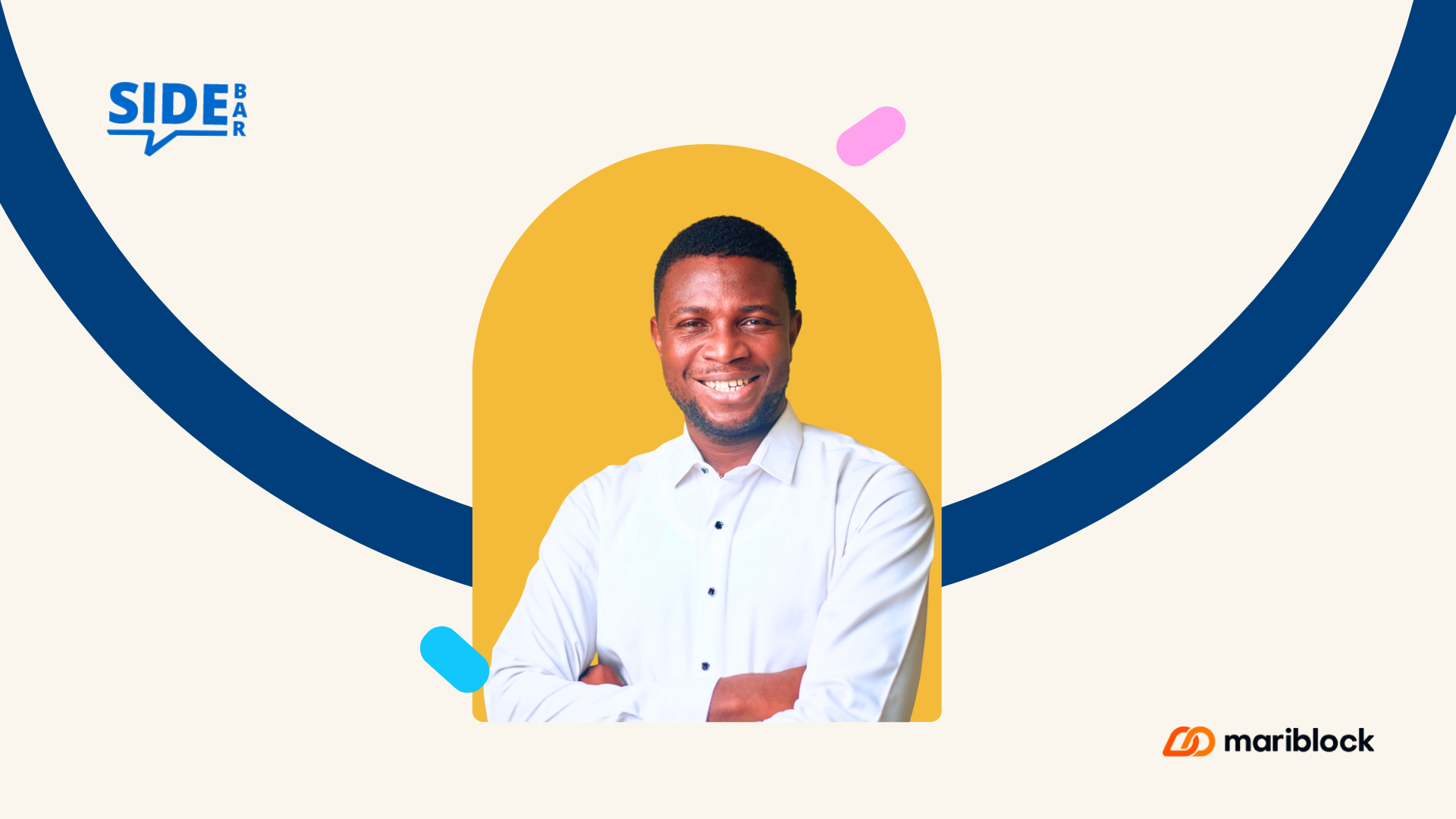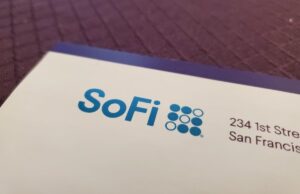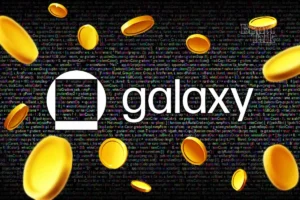Coinbase Empowers Africa’s Builders: Unlocking Crypto Innovation

Spotlight on Africa’s blockchain Future: Insights from Ayodeji Awosika of Web3Bridge
Bridging the Education Gap in blockchain
Ayodeji Awosika, the visionary behind Web3Bridge, has been instrumental in nurturing blockchain talent across Africa since 2019. His initiative has successfully trained hundreds of developers in Solidity and is now expanding its curriculum to include emerging technologies like ZK and Rust, reflecting the dynamic nature of the blockchain landscape.
In a recent conversation, Awosika emphasized the critical role of education in cultivating a robust blockchain workforce in Africa. He believes that empowering local developers will unlock vast opportunities for the continent.
The Challenge of Low Developer Participation in Africa
Despite the global surge in blockchain development, only 6% of the world’s blockchain developers are based in Africa. Awosika attributes this disparity to significant shortcomings in the educational system. Many universities in Africa, particularly in Nigeria, offer outdated computer science programs that fail to equip students with practical coding skills.
He pointed out that while students in other regions graduate with relevant knowledge in modern programming languages, African students often find themselves seeking additional training outside their academic institutions. To address this, Web3Bridge is collaborating with the University of Nigeria to provide hands-on training in essential skills during students’ industrial placements.
Overcoming Challenges in Retaining Talent
While training is vital, retaining talent in the Web3 space presents its own set of challenges. Awosika noted that the rigorous nature of the Web3Bridge program, which spans four months with intensive daily sessions, can be overwhelming for some participants. Many face obstacles such as unreliable internet and power supply, which can hinder their learning experience.
Despite these challenges, graduates often find success in various ways, including contributing to open-source projects and participating in incubation programs. Awosika highlighted that some alumni have even gained significant rewards through early involvement in blockchain initiatives, showcasing the potential for success beyond traditional pathways.
The Role of Governments in blockchain Education
Awosika believes that government intervention could significantly accelerate the development of blockchain education and talent. He advocates for reforms in university curricula to include contemporary topics such as cryptography and blockchain technology, which would better prepare graduates for the job market.
Infrastructure improvements are also crucial. Awosika shared his experiences in Kenya, where consistent electricity supply contrasts sharply with the challenges faced in Nigeria. He emphasized that addressing basic infrastructure issues would allow organizations like Web3Bridge to focus on innovation rather than logistical hurdles.
A Vision for Africa’s Web3 Ecosystem in Five Years
Looking ahead, Awosika is optimistic about the future of Africa’s Web3 ecosystem. He predicts that within five years, the continent will witness the emergence of its first Web3 unicorn. He envisions a shift where international teams seek to collaborate with African talent, recognizing the efficiency of tapping into local expertise.
Awosika’s insights reflect a growing confidence in Africa’s potential to become a significant player in the global blockchain arena, driven by a well-prepared workforce and innovative solutions.







